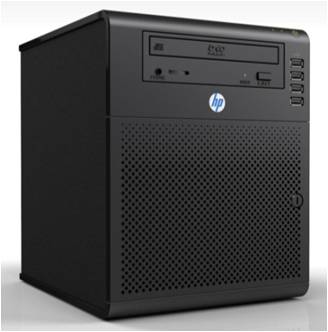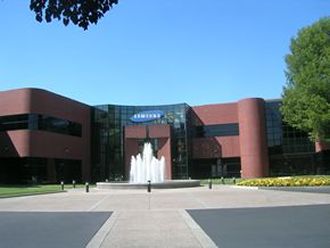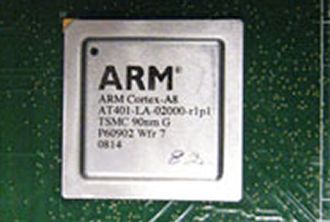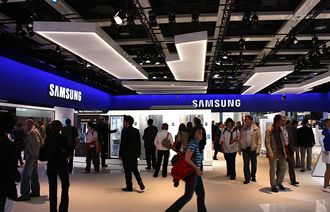 Companies interested in jumping on the next industry craze might want to have a look at what is being cooked up in the microserver market.
Companies interested in jumping on the next industry craze might want to have a look at what is being cooked up in the microserver market.
Analysts like iSuppli thinks that shipments of microservers will go up by three times this year. While that sounds like a lot, we are talking about a miniscule market now so a threefold increase is only 291,000 microservers.
But, if the pundits are right, this year will just be the start of something fairly bright and glorious which will start netting huge numbers of sales next year.
The forecast shows shipments increasing substantially each year until 2016. By then, it will represent one-tenth of overall server shipments.
For those who came in late, a microserver uses a bunch of densely-packed, low-power chips. The chips themselves are slower than an asthmatic turtle with a heavy load of shopping, but they can manage to do simple tasks without wasting power.
This makes them ideal for providing contact information on one website user. The bigger web-companies, including Facebook and Yahoo, and the banks are looking at them.
IHS says that Microserver shipments are going up faster than general servers and blade servers.
It will take a while for them to dent normal server shipments. To match that IDC estimates that microservers will have to come up with 8.4 million sales. It is worthwhile remember those are last year’s figures and that companies were not buying due to the recession.
Already the big names in the chip industry are starting to come up with their plans for this big boom. Both Intel and ARM have announced that they are ready to come up with chips ready. The key was having 64-bit versions, which Intel was tooled up for while ARM wasn’t.
Now it looks like ARM is ready to come to the party and its partner AppliedMicro announced it will have something ready by the middle of the year.
Chief Financial Officer Robert Gargus told Reuters this morning he has been increasingly impressed this month with performance test results on new chips that include 64-bit features widely used in servers.
The company’s shareholders also like such talk. AppliedMicro stock has surged almost 80 percent since September. Gargus however seems to think that the serious revenue from microserver chips will not be around until next year. When they come through, those chips could account for as much as half the company’s business.
Intel is vying for a sizable cut with its Atom-based processor that uses just six watts. AMD snapped up SeaMicro, and Rackspace has already certified the new SM15000 for use in OpenStack.
Qualcomm and Samsung Electronics, which both use ARM’s technology to make chips for mobile gadgets, could also move into the microserver market and create a formidable challenge for AppliedMicro, analysts say.
Then there are the hardware makers who will be wading in for a slice of the pie. All up, there will be a lot of people who will want to make a pile out of technology before the technology becomes old hat.










